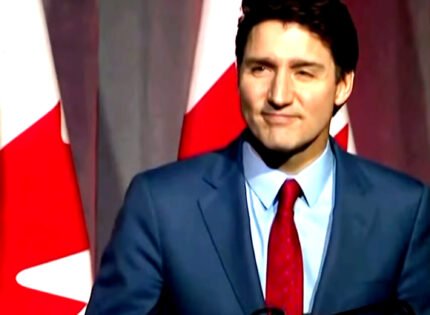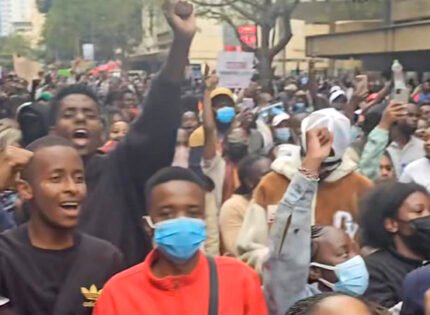Uganda
Engineering graduate Lawrence Okettayot is tackling fruits and vegetable wastage with his new invention, the Sparky Dryer. I is a food dehydrator that runs on biofuel. The dehydrator helps farmers avoid food loss and food waste due to spoilage, which is an issue in Uganda for many farmers.
Uganda is a fertile country and farmers always have a bountiful harvest each season. However, they do not always sell their produce as fast and more often than not thy end up throwing it away as it spoils fast.
The sparky drier is seen as a way to resolve this problem. The dryer can be used both in fish and crop production for preservation through drying. It doesn’t require electricity for its operations and works very fast and environmentally friendly for use and it’s cost effective.
It looks like a small fridge and uses organic waste instead of electricity – to which few farmers in Uganda and elsewhere in Africa have regular access.
It has a small chamber where a gas fire is fixed, heating up a separate drying chamber above where the sliced produce is stacked in shelves.
It also has a catalytic converter, which prevents harmful gases from being released during the drying process.
The drier is priced at USD $80 and promises to solve the food spoilage situation not only in the country but potentially all over the continent.
Zimbabwe
There is still no change in American trade policies towards Zimbabwe. President, Donald Trump has signed into law the Zimbabwe Democracy and Economic Recovery Amendment Act (Zidera) of 2018.
The law replaces similar legislation that was first enacted in 2001 in response to alleged human rights abuses and electoral fraud by former president Robert Mugabe’s administration.
The law states that for any sanctions to end, Zimbabwe’s July 30TH election must be “widely accepted as free and fair.”
The new legislation stipulates that US directors at multilateral institutions will not support effort to address Zimbabwe’s colossal foreign debt until they meet the set conditions.
The conditions include the restoration of the rule of law, credible elections and military neutrality in civilian matters.
Zimbabwe owes $1,2 billion to the World Bank and over $3 billion to the Paris Club. Majority of the government officials have termed this as unfair, the move is looked at as a means of frustrating their goals of an economic turnaround. President Emmerson Mnangagwa ‘s mantra that Zimbabwe is open for business may now mean that the country is open to business to everywhere but the United States of America.
Tunisia
Breaking barriers to ensure women’s rights are upheld is Tunisian President, Beji Gaid who announced on Monday, August 13, that he would support a bill, conferring inheritance equality between and women.
In a speech marking Women’s Day in Tunisia, President Beji Caid Essebsi said he wants to submit the proposal “as soon as possible,” probably when parliament resumes in October.
The current system is based on Islamic Sharia law that allows men to inherit double what a woman would receive as is standard practice in most Muslim countries.
Since independence from France in 1956, Tunisia has been a standard-bearer in the Muslim world for women’s rights. Last month, a woman from Tunisia’s moderate Islamic party was elected mayor of Tunis, the capital, the first time a woman has held the post. However the area with the most resistance from Islamists was on inheritance.
Mr. Gaid, maintained that the families who wanted to keep following Sharia Law could continue to do so.














